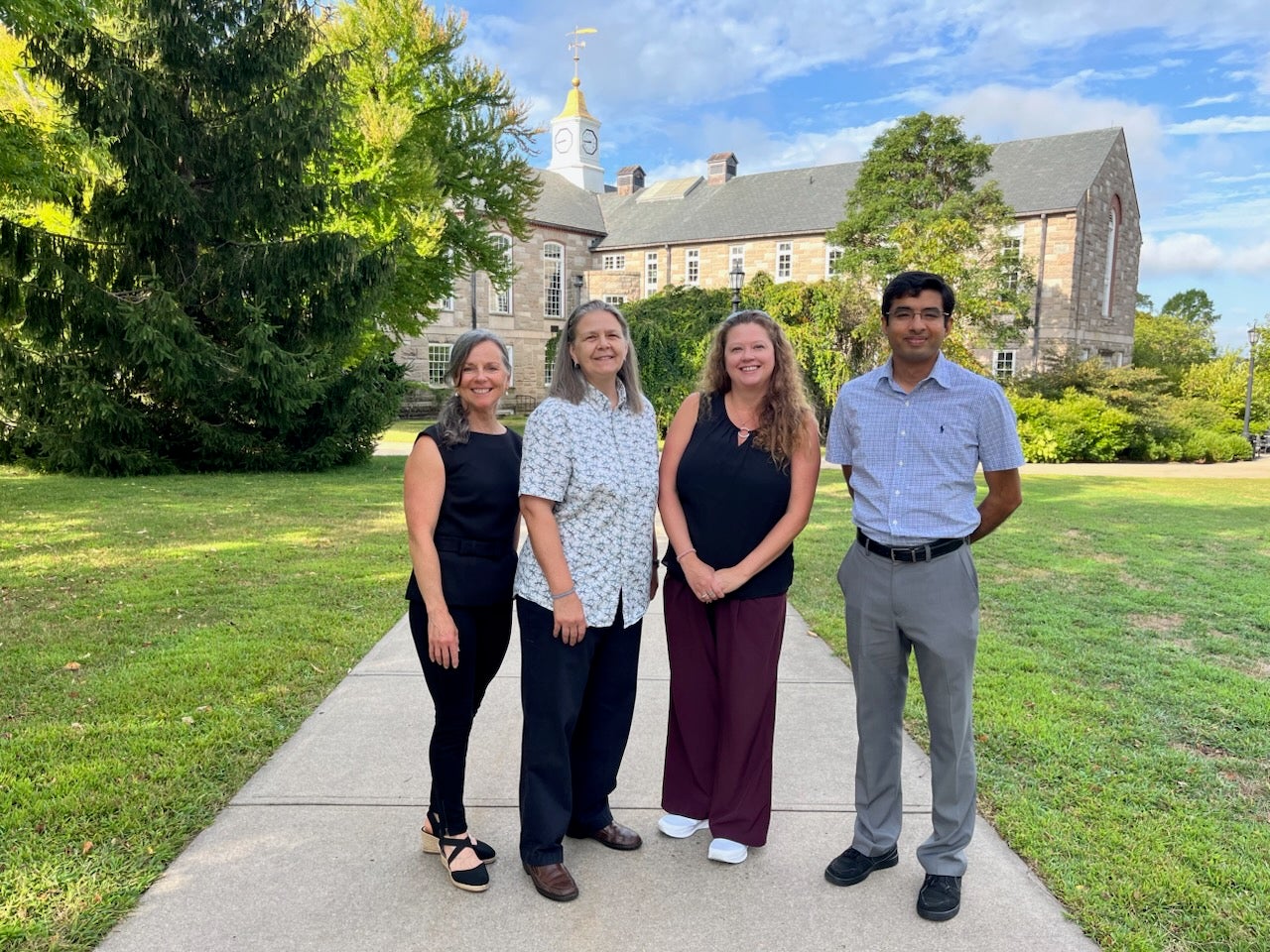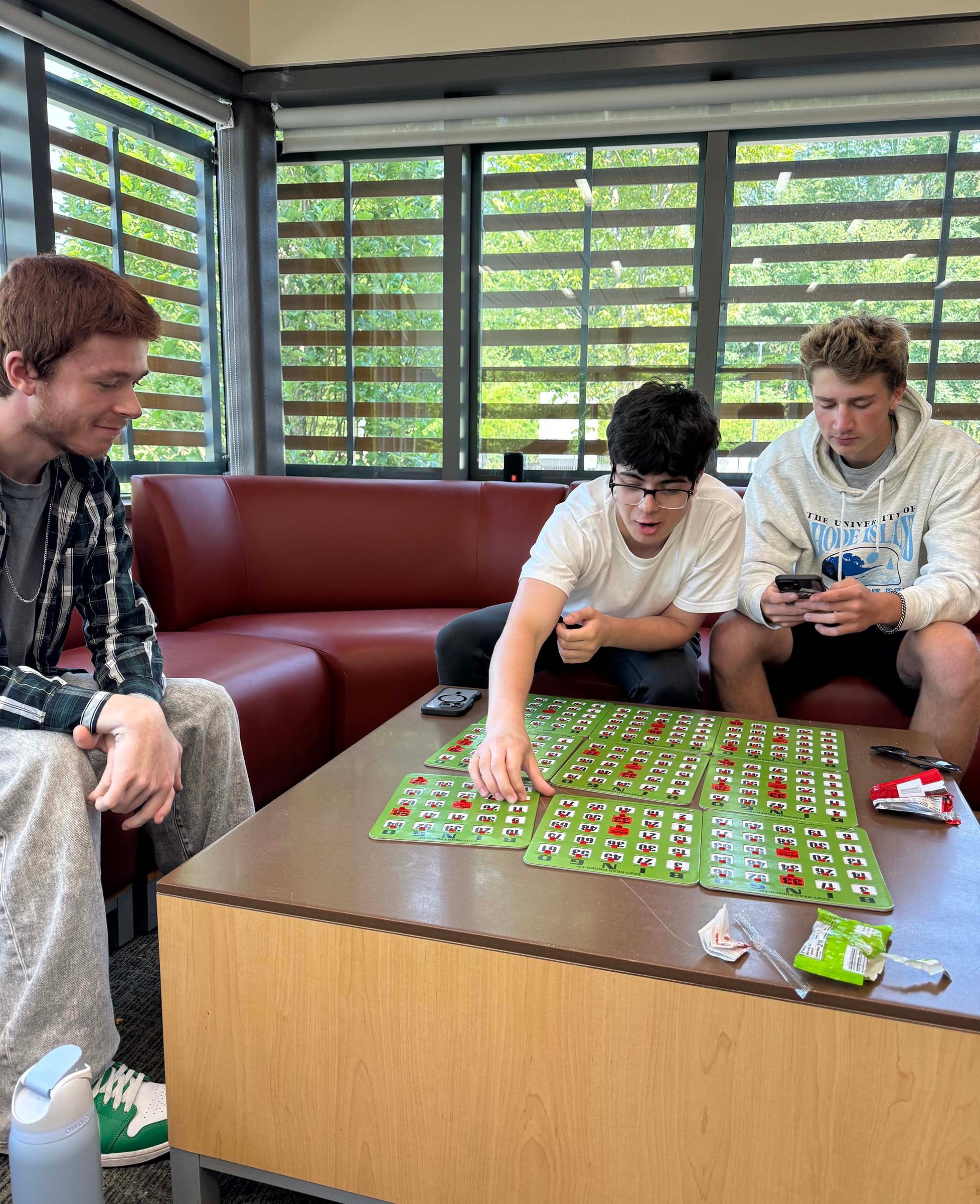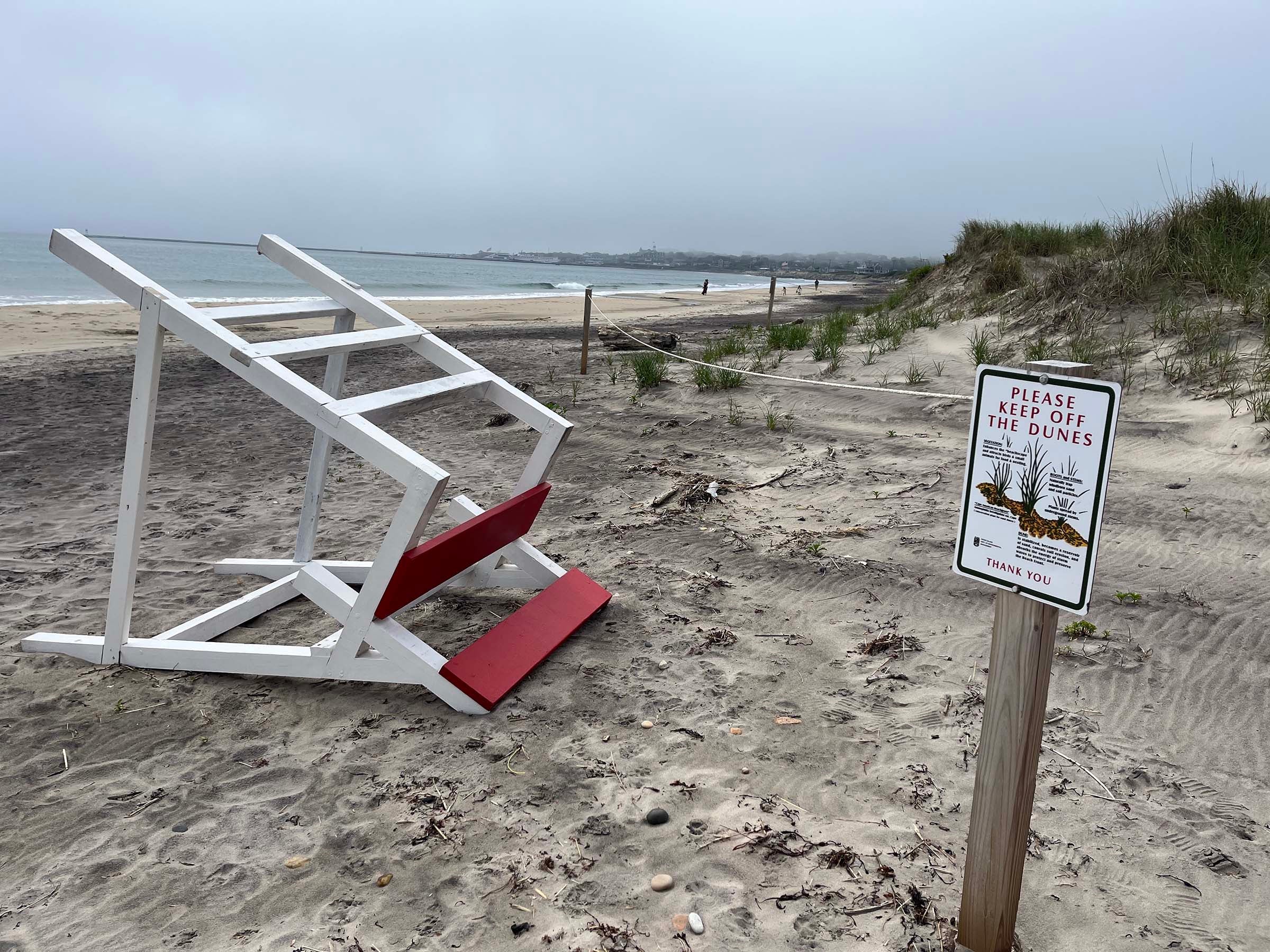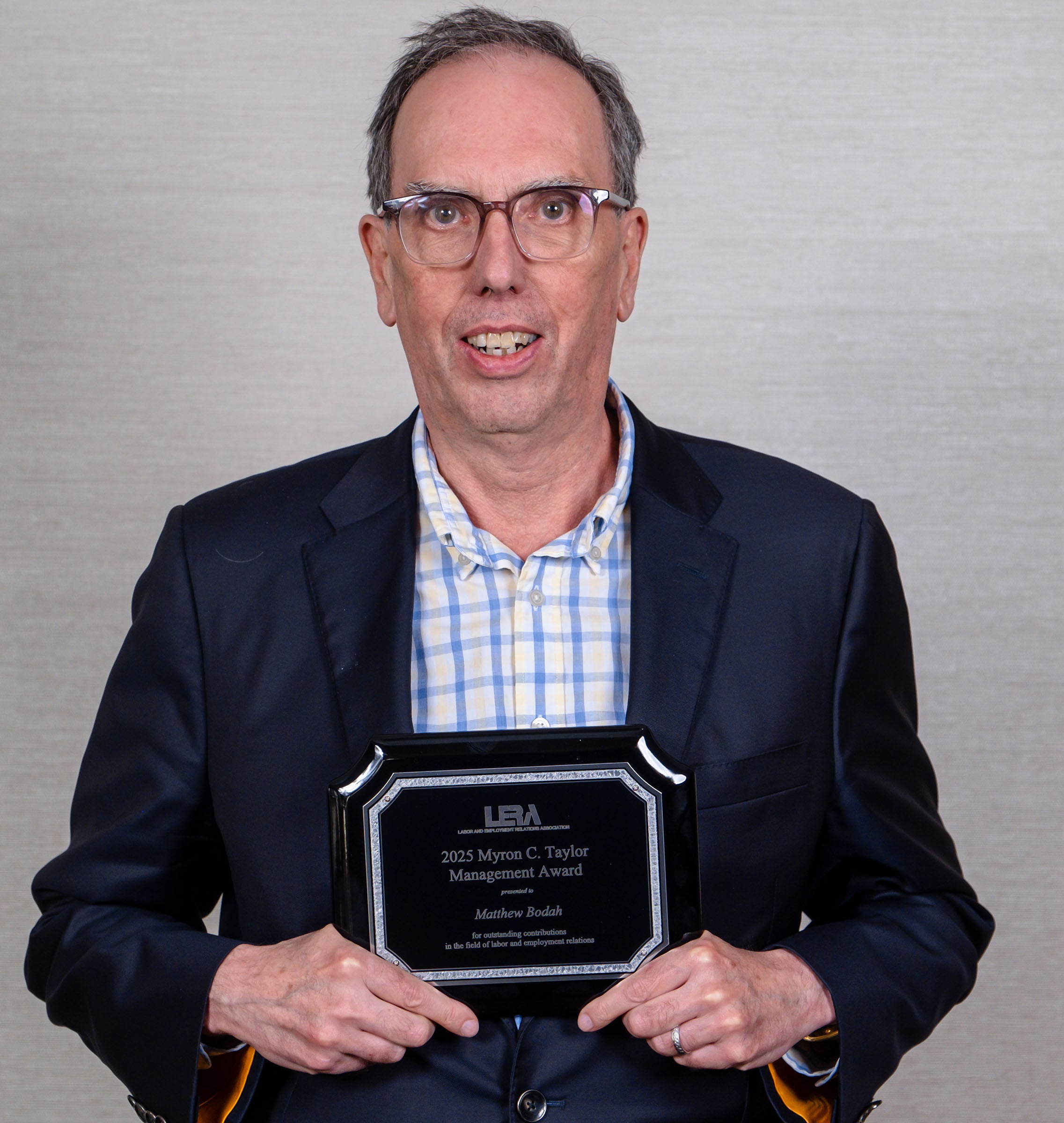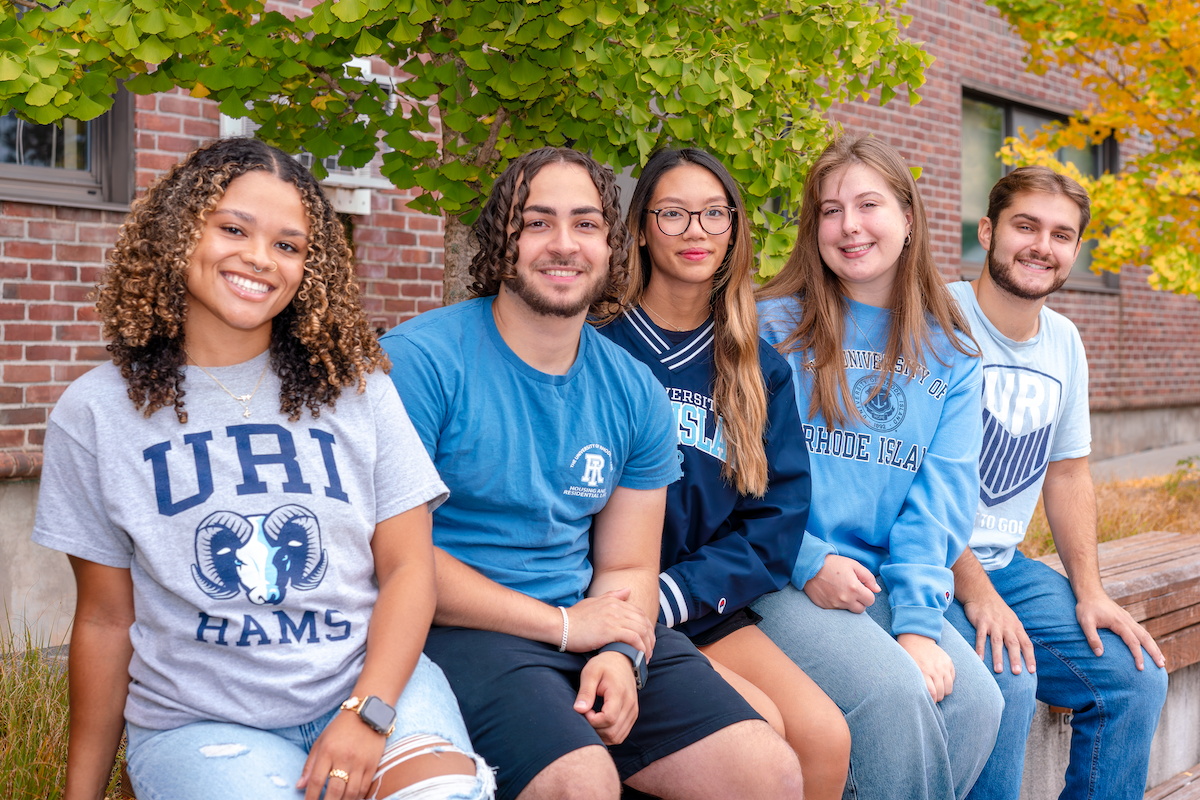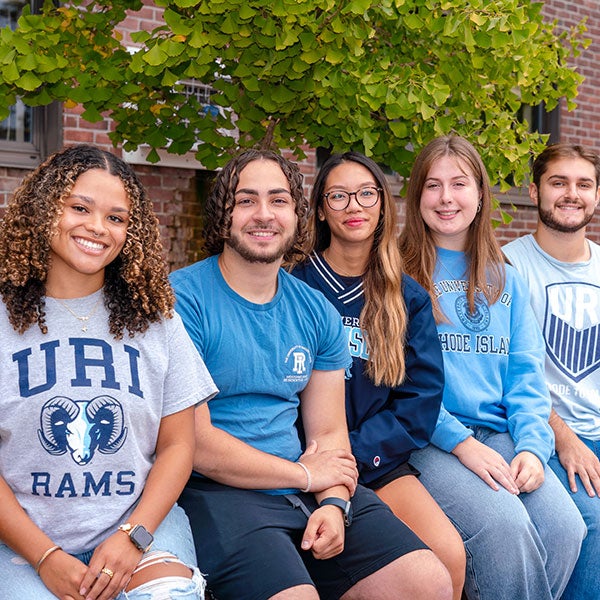URI receives first-ever NIH T32 award to launch transdisciplinary biomedical research training program
KINGSTON, R.I. – Sept. 3, 2025 – The University of Rhode Island has received its first-ever National Institutes of Health (NIH) T32 Predoctoral Training Grant, marking a major milestone in URI’s growth as a research institution. Funded by the National Institute of General Medical Sciences, this prestigious grant supports the new T32 Transdisciplinary Training in Biomedical Science and Bioengineering program, a collaborative effort across URI’s Interdisciplinary Neuroscience Program (INP) and three colleges: Engineering, Environment and Life Sciences, and Health Sciences.
The $1.9 million dollar grant will fund pre-doctoral fellowships over five years. Combined with additional investment from URI’s participating colleges and its graduate school, the program will support 56 pre-doctoral training positions for a combined program value of $2.9 million.
”What makes this program truly novel is the integration of basic biomedical science with translational engineering and behavioral health research,” says Jodi Camberg, professor and chair of cell and molecular biology.
“The students, professors, and scientists at the University of Rhode Island continue to forge ahead with cutting-edge research and cross-disciplinary growth that is further cementing its role as a leading research institution,” says U.S. Senator Jack Reed, a member of the Senate Appropriations Committee which oversees funding for the National Institutes of Health. “With this first-of-its-kind NIH grant for URI, researchers and scientists will move forward with unpacking innovative solutions to some of our most pressing questions about diseases like Alzheimer’s and a wide range of other issues, like mental health disorders, addiction, and much more. By engaging students and experts from different disciplines to combine their skills and knowledge, URI is helping to create the next generation of adept problem solvers who will collaborate to find impactful treatments, cures, and solutions to pressing medical problems.”
“Congratulations to URI for securing this prestigious NIH grant to fund cutting-edge biomedical research and bioengineering at the University. URI’s new program will help keep our brightest medical researchers in the Ocean State and attract other talented young minds to URI, which will be a boon to our state’s health care industry,” says U.S. Senator Sheldon Whitehouse.
Cross-campus leadership
Camberg will join Kunal Mankodiya, professor of biomedical engineering, and Lynda Stein, professor of psychology, in serving as co-directors of the program. Lisa Weyandt, director of the INP, has also played a key role and will continue to be involved with the program as well. The award is the result of years of collaboration that originated within the INP.
“Each of us brings a unique perspective—biology, psychology, engineering, and neuroscience—to lead this transdisciplinary training program,” says Weyandt.
The NIH recently identified critical shortage areas in biomedical research, particularly fields that require cross-disciplinary expertise including bioengineering, computational biology, neuroscience, and behavioral health sciences.
“Our program directly addresses these shortages by training Ph.D. students who can work across traditional academic boundaries—such as engineering, psychology and life sciences—to tackle some of the most pressing challenges in human health,” Stein says.
“We’re creating a shared training ecosystem where students learn to speak each other’s disciplinary languages, collaborate across labs, and build the skills needed to solve complex health problems in biomedical research careers and expand the pipeline of future graduate students,” says Mankodiya.
The team’s approach illuminates a growing understanding that the biggest challenges in health and medicine today—from neurodegenerative disease such as Alzheimer’s to Parkinson’s, to addiction, mental health disorders, wearable health monitoring and cultivating wellness—cannot be addressed solely from one field. Addressing them requires researchers who can work across disciplines including biology, psychology, neuroscience, and engineering.
“Transdisciplinary training is not just valuable—it’s essential,” says Stein. “This program gives students a deep understanding of their own field, while also training them to collaborate across scientific cultures. It’s how we prepare the next generation of scientists to be flexible, collaborative, and impact-driven.”
“The receipt of URI’s first NIH T32 award for training doctoral students at URI goes hand in hand with the elevation of URI to an R1 research university,” says Bethany Jenkins, URI’s vice president for research and economic development. “It is a testament to the quality of our faculty leading this program and our robust environment for graduate training. This award will help URI researchers attract top talent into URI’s Ph.D. programs bridging biomedical science and engineering.”
The inaugural cohort will include eight students across four Ph.D. programs at URI, supported through NIH fellowships and matching research assistantships.
While the T32 program is focused on pre-doctoral students (who are currently in Ph.D. programs across three colleges), fellows in the program will also mentor undergraduate researchers in their labs, giving students invaluable exposure to cutting-edge interdisciplinary science and biomedical research careers. A seminar series, guest lectures, and research symposia will be open to the broader campus community beginning this fall.
“We’re incredibly proud of this achievement—not just because of the funding, but because of what it represents: a shared commitment across URI to invest in future scientists and engineers who can improve lives,” says Weyandt.
“We’re grateful to all the faculty, administrators, and students who helped make it happen,” adds Camberg. “We see this as a launchpad for even greater impact—for our students, for Rhode Island, and for human health.”
This story was written by Anna Gray in the College of the Environment and Life Sciences.
Latest All News
- URI pilot math program produces positive resultsKINGSTON, R.I. – Sept. 5, 2025 – A two-week pilot program designed by the URI Math Department to improve the math skills of incoming freshmen at the University of Rhode Island has produced impressive results. The “Level Up!” program, held on the Kingston Campus from July 27 to Aug. 8, was free for participants. By […]
- Block Island and University of Rhode Island partner to strengthen coastal resilienceKINGSTON, R.I. – Sept. 5, 2025 – The University of Rhode Island Coastal Institute has officially designated Block Island as its newest Climate Response Demonstration Site (CRDS), formalizing a partnership to protect the island’s natural systems, infrastructure, and freshwater resources. The New Shoreham Town Council voted unanimously in support of the designation on July 7, […]
- URI Vice Provost Matthew Bodah awarded for his work in the field of labor and employee relationsKINGSTON, R.I. – Sept. 4, 2025 – Negotiations come in many shapes and sizes—from small decisions like picking a restaurant, to more significant issues like debating salary—but a common thread in many is that they can be drawn out and complex. This is especially true in labor negotiations—one side proposes, the other counters until an […]
- URI Humanities series takes serious look at pop cultureKINGSTON, R.I. – Sept. 4, 2025 – From a marching band to Shakespeare–and Taylor Swift in between–the University of Rhode Island’s Center for the Humanities will take an academic view of pop culture with its annual lecture series this school year. But academic doesn’t mean not fun. “The Humanities and Popular Culture/Counterculture,” which opens this […]
- Meet URI’s resident assistantsKINGSTON, R.I.—Sept. 2, 2025—While the rest of the student body at the University of Rhode Island enjoys the final days of summer, about 160 resident assistants (RAs) and resident academic mentors (RAMs) arrive on campus in mid-August for trainings to prepare for the start of the school year. Navigating academic and social challenges can be […]
- Meet your RAsNavigating academic and social challenges can be difficult, but URI’s residence hall staff is prepared and eager to support their peers, especially those who are first-year students.



